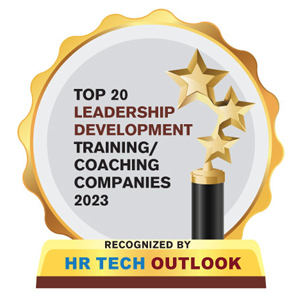Leadership development is a critical process for any organization, as it helps to identify, nurture, and develop leaders who can drive the organization’s success. Over the years, the process of leadership development has evolved to meet the changing needs of organizations and the workforce.
Organizations are increasingly recognizing the importance of personalizing the leadership development process for each individual. Personalized leadership development involves tailoring the development program to the individual needs and preferences of the leader. This can include customizing the training content based on the leader’s strengths and weaknesses, offering flexible training options, and providing access to mentors or coaches. By personalizing the leadership development process, organizations can create a more engaging and meaningful experience for leaders, which can lead to improved performance and retention rates.
With the rise of technology, digital leadership development is becoming increasingly popular. Digital leadership development involves using online platforms, tools, and resources to facilitate the development process. This can include online training modules, interactive tools, and self-paced learning resources. Digital leadership development can help organizations save time and resources, as well as provide a more efficient and effective development experience for leaders.
Emotional Intelligence (EI) training involves developing leaders’ ability to recognize and manage their emotions, as well as the emotions of others. EI training can help leaders to build stronger relationships with their team members, communicate more effectively, and make better decisions. By developing leaders’ emotional intelligence, organizations can create a more positive and productive workplace culture, as well as improve the overall performance of the organization.
Leadership development is a critical process for any organization, and the latest trends in leadership development reflect the changing needs and preferences of organizations and the workforce. By adopting these trends, organizations can create a more engaging and meaningful development experience for leaders, which can lead to improved performance, retention rates, and innovation.



























